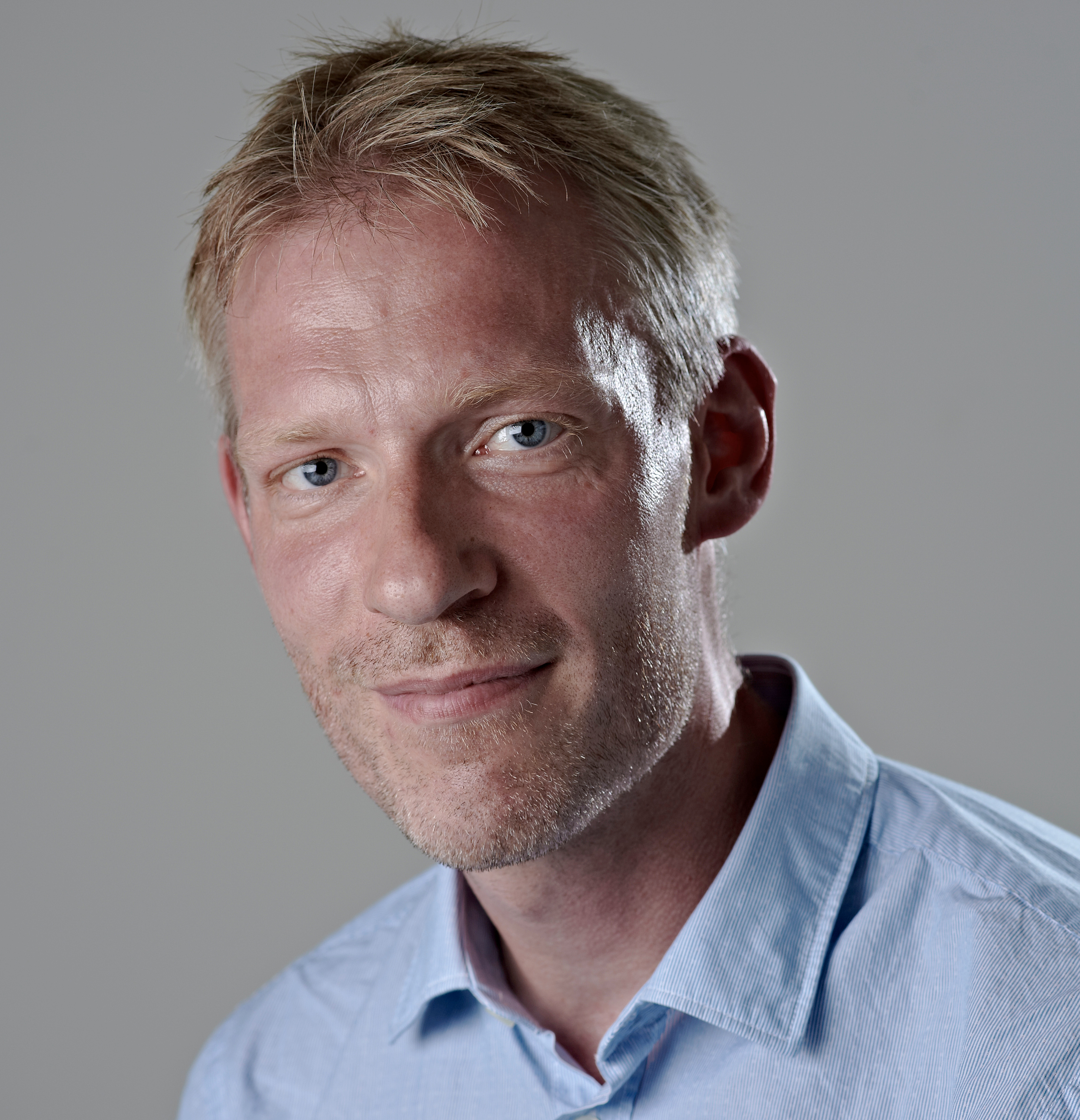Meet an employee at IFA
Monthly contribution from Steen Hannestad, Professor

Briefly explain your path to IFA/AU. Where have you been before?
"I started on the physics programme here at IFA in 1990 and received my PhD from here in 1997. I was then employed at the Max Planck Institute for Physics in Munich, NORDITA (which was then located in Copenhagen), and at SDU before I returned to IFA in 2005."
What was the basis for your choice of job?
"I have always been interested in "where things come from". Both my parents are archaeologists, so perhaps my interest comes from that fact.
My specific interest made it natural to be particularly interested in fundamental particle physics and cosmology. As IFA did not have a large group in particle physics, I ended up studying cosmology, and I have certainly not regretted that."
What does a typical working day look like for you?
"A typical day starts by checking which new preprints have been made on arxiv since yesterday, as well as writing/answering emails. We have group meetings every morning in the cosmology group, so part of my daily routine, is talking to students and postdocs."
Mention three things that you appreciate about your work.
"There are a lot of things I appreciate about my work, but mostly, I like the daily interaction with our younger researchers and students."
What is your most proud work achievement?
"When I was younger, I would definitely have talked about some of my research results as the most important thing. But gradually, I have realised that the most important part of my work has been all the talented students and young researchers I have helped educate."
What is the best thing about teaching/communicating?
"To pass on your own joy concerning the course and explain why it is so exciting."
Do you have any good advice regarding teaching? Perhaps a good technique?
"I'm probably one of the few people who still swear by using the Blackboard and chalk in connection with teaching."
Talk about your research. What is the most exciting research result you have achieved? The latest?
"Over the years, the most exciting thing has been to start "astroparticle physics" as a research area – i.e. the idea that you can use astrophysics to learn about particle physics, which are only poorly examined in experiments."
What do you do in your spare time?
"For many years, I have been experiencing problems with my neck and have had several herniated discs. I have realized that regular training helps to keep the problem down, so in my spare time I do athletics – primarily sprint over short distances."
